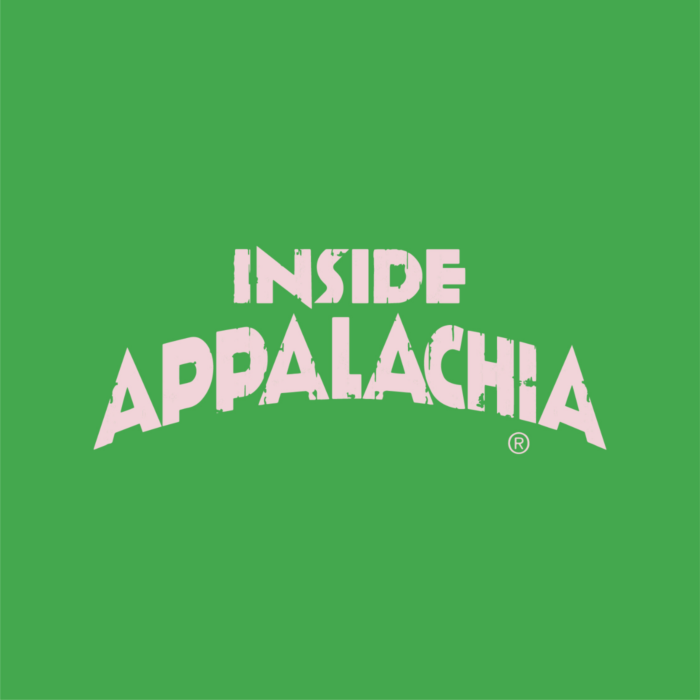Your browser doesn’t support audio playback.
This week on Inside Appalachia, we’re talking about traditional ballads – how they tell stories and connect us to the past.
These old tunes can mean so much. They can tap into difficult emotions and give feelings space to be heard. Some songs may even be too uncomfortable to sing.
In this special episode with guest co-host, ballad singer Saro Lynch-Thomason, we explore songs about lawbreaking folk heroes, runaway trains and murder ballads.
All the stories in this episode are produced as part of our Folkways Reporting Project, a partnership with West Virginia Public Broadcasting’s Inside Appalachia and the Folklife Program of the West Virginia Humanities Council.
We’ve recorded more than 150 stories for this project, and you can find them all here.
In This Episode:
- The Ballad Of ‘John Henry’ Elicits Varied Feelings For Some Black Appalachian Residents
- Ballads About Train Wrecks Hold Lessons For Modern Life
- Traditional Murder Ballads Reveal A Dark Truth About “True Crime” Media
- Real-Life Outlaw Otto Wood Went Viral In The Thirties
The Ballad Of ‘John Henry’ Elicits Varied Feelings For Some Black Appalachian Residents
The ballad of “John Henry” tells the story of a railroad worker who competes against a steam drill to see who can drill a hole through a mountain fastest and farthest. With his immense strength and skill, John Henry wins, but dies from his efforts. There is great debate about the historical facts, but most accounts describe Henry as an African American man from West Virginia or Virginia, working for the C&O Railroad. For some who grew up in Black communities in Appalachia, the song elicits a variety of feelings. Folkways Reporter Nicole Musgrave has more.
If learning about John Henry piqued your interest, be sure to check out the recent Black in Appalachia podcast episode about John Henry. They dive into some important topics, including a current-day link between health and working conditions, especially for Black workers.
Ballads About Train Wrecks Holds Lessons For Modern Life
Starting in the late 19th century, trains were everywhere in southern Appalachia, and so were songs about them. Scott Huffard, an associate professor of History at Lees-McCrae College, says these ballads weren’t just about trains, they were emulating trains using special techniques with common instruments. Reporter Laura Harbert Allen has that story and tells us what we can learn from ballads about trains.
Traditional Murder Ballads Reveal A Dark Truth About “True Crime” Media
There are many murder ballads from Appalachia – and most of them are about men killing women. Folkways Reporter Zack Harold is a musician himself. In fact, you can hear him playing guitar and banjo on a song called “Little Sadie” that appears in this week’s episode.
“Little Sadie” is a ballad about a man killing his sweetheart – exactly the kind of song Zack sought to understand in his reporting about murder ballads. What can they tell us about history? And what is “true crime” the modern-day equivalent?
Real-Life Outlaw Otto Wood Went Viral In The Thirties
As Zack explored in his story, people in the past and the present love viral “true crime” stories. In the early 1930s, the way for a story to go “viral” was by being sung about in a ballad. That’s what happened to Otto Wood, a real-life outlaw who grew up around Wilkesboro, North Carolina. He spent time with the Hatfields of southern West Virginia, became a famous moonshiner, and died in a shootout with police in 1930. Less than one year later, his story was told in the ballad “Otto Wood The Bandit,” recorded by Walker Kid and the Carolina Buddies.
Our host Mason Adams reported on that song.
——
Our theme music is by Matt Jackfert. Other music this week was provided by Wes Swing, Dinosaur Burps, and The Chamber Brothers. Roxy Todd produced this episode. Bill Lynch is our producer. Our executive producer is Eric Douglas. Kelley Libby is our editor. Alex Runyon was our associate producer. Our audio mixer is Patrick Stephens. Zander Aloi also helped produce this episode.
You can send us an email: InsideAppalachia@wvpublic.org.
You can find us on Instagram, Threads and Twitter @InAppalachia. Or here on Facebook.
Sign-up for the Inside Appalachia Newsletter!
Inside Appalachia is a production of West Virginia Public Broadcasting.

